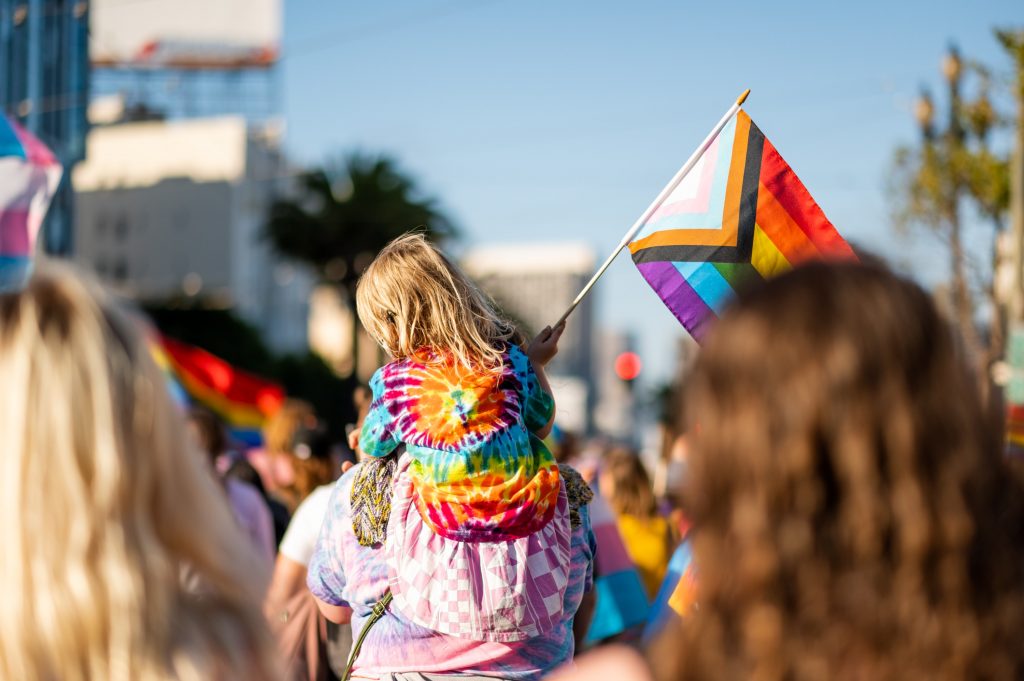Fortune 500 Companies Abandon Pro-LGBT Pandering

The tide continues to turn against corporate pro-LGBT activism.
Evidence shows that Fortune 500 companies are fleeing the Human Rights Campaign’s Corporate Equality Index in record numbers. The pro-LGBT organization’s 2026 index lost a whopping 65% of its Fortune 500 participants, dropping from 377 companies in 2025 to just 131 this year.
The Washington Stand traces this shift back to the 2023, when Anheuser-Busch sent transgender social media influencer Dylan Mulvaney a novelty can of Bud Light with Mulvaney’s picture on it. Mulvaney posted a video of himself dressed like Audrey Hepburn showcasing the Bud Light can — which led to backlash and boycotts from Bud Light drinkers nationwide. The company’s subsequent P.R. backpedaling simply managed to offend customers and LGBT activists alike.
That novelty can of Bud Light ended up costing the company more than $1 billion in lost sales, and the brand has never fully recovered.
Seeing a brand like Bud Light singlehandedly overthrow itself as America’s bestselling beer caught the corporate world’s attention. Since then, many major corporations have reduced their LGBT themed marketing, rolled back pro-LGBT policies, and stopped participating in HRC’s Corporate Equality Index.
It’s worth pointing out that HRC’s Corporate Equality Index puts some heavy requirements on businesses that participate. To get a perfect score on the index, companies must agree to demands like covering the cost of gender-transition procedures for employees and their families, forcing workers to undergo ideological training, opening restrooms to both sexes, and so forth.
Many companies established Diversity, Equity, and Inclusion (DEI) policies to create an equal playing field for racial and ethnic minorities, but it did not take long for pro-LGBT groups like HRC to hijack those policies. We have written repeatedly about how DEI initiatives have been used to promote critical race theory and other leftwing ideologies
It’s obvious that corporate DEI initiatives and pro-LGBT pandering are deeply out-of-step with everyday Americans. These are flawed ideologies that do not ensure individuals are valued, heard, or included. Employees who hold biblical views of marriage or gender risk losing their jobs in workplaces that have adopted DEI policies. None of that is good for our economy or our country.
It’s good to see Corporate America retreating from the kind of pro-LGBT activism that groups like the Human Rights Campaign promote.
Articles appearing on this website are written with the aid of Family Council’s researchers and writers.





